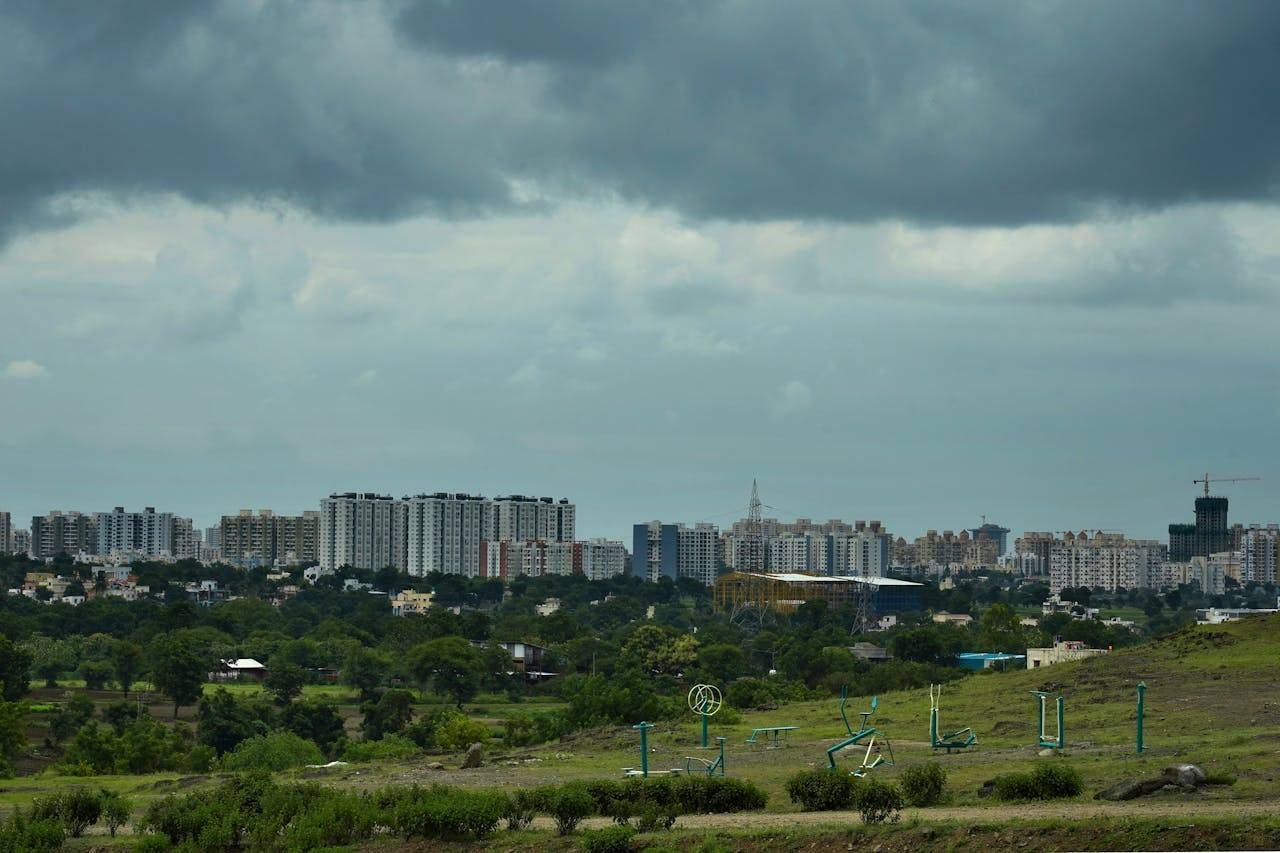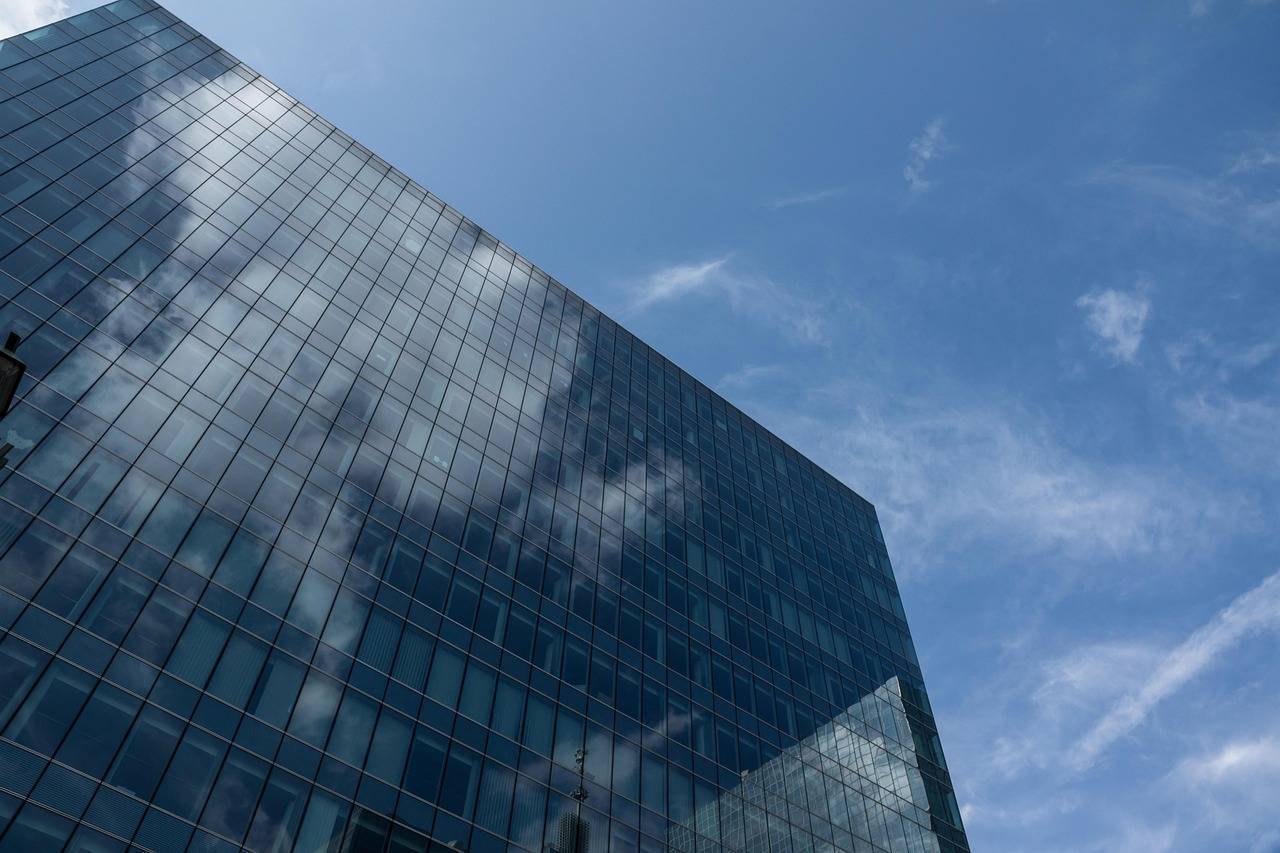India’s Food and Beverage (F&B) sector has emerged as a major growth driver for retail real estate, recording approximately 4 million sq ft of leasing across seven major cities over the past two years. Bengaluru accounted for nearly one-third of this activity, consolidating its position as the country’s leading F&B market. Developers are now planning to allocate up to 25% of space in upcoming destination malls to F&B, with an estimated 6 million sq ft of additional F&B space expected across these cities by 2028, according to a report by JLL India.
The report highlights that Bengaluru, Mumbai, and Delhi NCR together account for two-thirds of national F&B leasing activity. Bengaluru remains the undisputed leader, with high streets like Indiranagar being the preferred locations for operators. Delhi NCR stands out with 26% of drinking establishment growth, demonstrating a distinct preference for mall-based F&B formats over traditional high streets.
The seven cities studied include Bengaluru, Mumbai, Delhi NCR, Chennai, Hyderabad, Kolkata, and Pune. High streets account for over 50% of total F&B leasing across these cities, reflecting a shift in operator preference from traditional mall-based expansion to more organic, street-level growth opportunities.
According to Samantak Das, Chief Economist and Head of Research and REIS, India, JLL, high streets have continued to dominate F&B leasing activity. This indicates that the sector’s demand for prime real estate extends beyond traditional malls. In response, developers are increasingly planning to dedicate up to 25% of space in upcoming destination malls to F&B, reflecting the strong demand dynamics in the market.
The report shows that over the past 30 months, high streets accounted for 54% of total gross leasing across the top cities. Bengaluru’s Indiranagar, in particular, has become a hotspot for both domestic and international F&B operators, further driving the city’s dominance in the sector.
The F&B sector has also attracted significant interest from global operators, with over 20 new international brands entering the Indian market since 2023. US-based companies lead this expansion, while Mumbai and Delhi NCR serve as primary entry points for foreign brands. Multi-cuisine establishments have dominated the leasing landscape, representing 41% of the total, reflecting evolving consumer preferences shaped by global travel and exposure.
The F&B sector has also attracted significant interest from global operators, with over 20 new international brands entering the Indian market since 2023. US-based companies lead this expansion, while Mumbai and Delhi NCR serve as primary entry points for foreign brands. Multi-cuisine establishments have dominated the leasing landscape, representing 41% of the total, reflecting evolving consumer preferences shaped by global travel and exposure.Rahul Arora, Head – Office Leasing and Retail Services, Senior Managing Director (Karnataka, Kerala), JLL, said, “Bengaluru has emerged as the leader not only in F&B absorption but also in craft beverage growth, with 40% of new pubs and breweries established in the city. Mumbai and Delhi NCR, along with Bengaluru, form the trinity driving two-thirds of national leasing activity, while southern cities and Kolkata show vibrant high street growth, and Pune mirrors a mall-centric approach.”
Despite global uncertainties, India’s retail sector has witnessed strong absorption, with over 22 million sq ft leased between 2023 and the first half of 2025. Shopping malls led activity, accounting for 52% of leasing. In the past five years, 18.6 million sq ft of new shopping mall space was added across the top seven cities, raising the operational Grade A stock to 88.7 million sq ft.
Institutional investment has remained robust, with approximately $2.5 billion flowing into the sector through 22 deals since 2018. Currently, 30 institutionally owned developments cover 20.6 million sq ft across the top seven cities, further reinforcing investor confidence in India’s retail real estate growth.
The report anticipates rapid absorption of upcoming F&B space within three to five years, driven by both domestic and international operators. With a strategically distributed growth pattern across key metros, the sector is set to remain a cornerstone of India’s evolving retail ecosystem. High streets and destination malls are expected to continue complementing each other, enabling developers to meet rising consumer demand and sustain long-term growth.









.png)